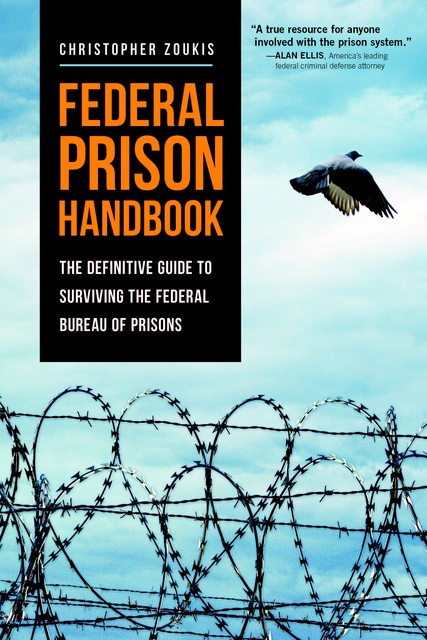by Douglas Ankney
According to a recent study titled The Effects of Lifetime Tenure and Aging in the United States Federal Judiciary (“Study”), as federal judges age, they may experience a decline in their cognitive abilities that affects their written opinions.
The Study, authored by Ryan Owens of the University …
by Douglas Ankney
In a case of first impression, the U.S. Court of Appeals for the Eleventh Circuit held that the revised sentences of defendants who violate the terms of their supervised release cannot include the maximum term of imprisonment and a period of home confinement because “home confinement with …
by Douglas Ankney
The U.S. Court of Appeals for the Third Circuit held that because a conviction under Pennsylvania’s first-degree aggravated assault statute, 18 Pa. Cons. Stat. § 2702(a)(1), does not require the element of physical force, such a conviction cannot serve as a qualifying predicate for purposes of the Armed …
by Douglas Ankney
The Supreme Court of Indiana reversed Kyle N. Doroszko’s involuntary manslaughter conviction because the trial court denied defense counsel the opportunity to voir dire prospective jurors directly in violation of Indiana Trial Rule 47(D).
During a prearranged marijuana transaction, Traychon Taylor attempted to rob Doroszko. A struggle …
by Douglas Ankney
The U.S. Court of Appeals for the Fourth Circuit held that Kelvin Brown’s disparate sentence of 30 years on two convictions for violating 18 U.S.C. § 924(c) created an “extraordinary and compelling reason” for his early release, and the 18 U.S.C. § 3553(a) sentencing factors overwhelmingly favored a sentence …
by Douglas Ankney
The U.S. Court of Appeals for the Fourth Circuit reversed Elliott B. Graham’s 18 U.S.C. § 924(c) conviction for “using a firearm during a crime of violence” because (1) the conviction was predicated upon a kidnapping conviction, (2) kidnapping is no longer considered a qualifying predicate crime of …
by Douglas Ankney
The U.S. Court of Appeals for the Fifth Circuit held that a Fourth Amendment seizure occurred when an officer, with emergency lights activated, pulled in behind Jacob Boone Wright’s vehicle and almost simultaneously ordered him to remain in his car to which Wright sufficiently complied.
Officer Jakobsohn …
by Douglas Ankney
The U.S. Court of Appeals for the Sixth Circuit held that because Ohio’s aggravated robbery statute, Ohio Revised Code § 2911.01(A), does not contain a mens rea requirement of knowing and purposeful use, attempted use, or threatened use of physical force, a conviction under that statute can be …
by Douglas Ankney
The people of Maine have made a bold step in corralling the “unaccountable power of fusion centers” with the passage of HP 947, An Act to Increase the Transparency and Accountability of the Main Information and Analysis Center. The Main Information and Analysis Center (“MIAC”) is …
by Douglas Ankney
The Supreme Court of Montana held that retroactive application of Montana’s Sexual or Violent Offender Registration Act (“SVORA”), as amended beginning in 2007, violates the ex post facto clause in Article II, Section 31, of the Montana Constitution.
Richard D. Hinman was convicted in 1994 of …





